In today’s rapidly evolving business landscape, effective organisational development plays a pivotal role in the success of any enterprise. Human Resources is at the heart of this process, as it is responsible for nurturing a workforce that can adapt, innovate, and thrive. This article explores the key issues to consider when embarking on the journey of effective organisational development through the lens of human resources.
Strategic Alignment
Organisational development within HR begins with strategic alignment. A clear understanding of the company’s mission, vision, and goals is imperative. HR must ensure that its strategies and initiatives are aligned with the overall business objectives. By integrating HR practices with business strategies, organisations can create a cohesive environment where every HR effort contributes to the achievement of organisational goals.
Talent Acquisition and Retention
Talent acquisition and retention are fundamental components of effective organisational development. HR needs to identify the skills, competencies, and traits required for current and future roles within the company. Implementing a robust recruitment process that attracts top-tier talent ensures a steady influx of skilled individuals. Moreover, HR must create an engaging work environment that fosters employee growth and job satisfaction, reducing turnover and retaining valuable employees.
Continuous Learning and Development
A cornerstone of organisational development is investing in continuous learning and development. HR must establish training programs that empower employees to enhance their skills and stay updated with industry trends. By nurturing a culture of learning, organisations create a more adaptable and innovative workforce, poised to tackle challenges and seize opportunities.
Leadership Development
Effective leadership is vital for organisational success. HR should focus on identifying and nurturing leadership potential within the company. Developing strong leaders fosters a sense of direction, boosts employee morale, and ensures a smoother execution of organisational strategies. Leadership development initiatives could include mentorship programs, leadership training, and coaching sessions.
Change Management
In today’s dynamic business environment, change is inevitable. HR plays a crucial role in guiding the organisation through transitions such as mergers, technological advancements, and restructuring. By employing effective change management strategies, HR helps employees navigate uncertainties, reducing resistance and ensuring a smoother transition process.
Performance Management
Performance management is a critical tool for aligning individual and team performance with organisational goals. HR should implement a comprehensive performance appraisal system that provides constructive feedback, identifies areas for improvement, and recognizes outstanding contributions. This process not only enhances individual performance but also contributes to the overall organisational development.
Diversity and Inclusion
Promoting diversity and inclusion is paramount in modern organisational development. HR must champion a diverse workforce that reflects a variety of backgrounds, experiences, and perspectives. Inclusive practices foster creativity, innovation, and collaboration, driving the organisation forward in an increasingly globalised world.
Effective Communication
Clear and transparent communication is the backbone of effective organisational development. HR should establish channels for open communication between employees, teams, and leadership. Regular updates, town hall meetings, and feedback sessions facilitate the exchange of ideas and ensure everyone is aligned with the company’s vision.
Technology Integration
As technology continues to reshape the business landscape, HR must embrace digital transformation. Implementing HR technology solutions can streamline processes, enhance data-driven decision-making, and improve overall efficiency. From automated recruitment platforms to advanced analytics tools, technology empowers HR to drive organisational development forward.
Measuring and Analysing Success
Last but not least, HR must measure and analyse the success of organisational development initiatives. Key performance indicators (KPIs) such as employee engagement, turnover rates, and productivity can provide valuable insights into the effectiveness of HR strategies. Regular evaluation allows for adjustments and refinements to ensure ongoing growth and improvement.
in conclusion
In the realm of organisational development, human resources serves as both the driver and the enabler.
By strategically addressing talent acquisition, continuous learning, leadership development, change management, diversity, and more, HR can propel the organisation toward sustained success.
Embracing technology, fostering open communication, and diligently measuring outcomes are essential steps that ensure the impact of organisational development efforts is both profound and enduring.
As the business landscape evolves, enterprises that prioritise these key considerations will stand poised to navigate challenges and seize opportunities in a rapidly changing world.
About The Author
Matthew Davis leads MDC Advisory, a full-service business psychology and Leadership consulting practice.
He has over 30 years’ experience of advising clients on all aspects of effective selection having advised clients globally.
He can be contacted at [email protected] or on 07974 430021



